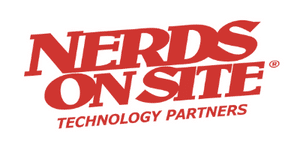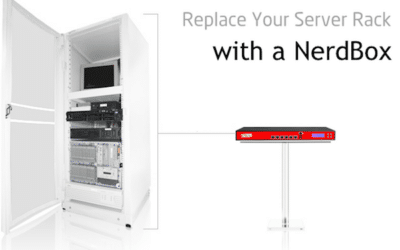[this post from Louis Grigsby]

“After having a meeting with the Choctaw Indians of Mississippi, discussing wireless internet access solutions, they agreed to my proposal of 45 units, 45 five year licenses, and 45 Power over Ethernet (POE) connections. They agreed to the proposal! While finalizing this deal, I talked to the Director of the State’s Department of Parks and Recreation, and set-up an appointment to demonstrate the wireless capabilities of Meraki outdoors for people that visit the parks, such as using their smart phone to look up a plant…or bird…or the “splash page to tell the story of that special park their in”.”
This all came as a result of Louis introducing himself, having a conversation with them and identifying they had an issue with wireless connectivity, and arranging a meeting to discuss Meraki wireless solutions, as that is the product that best suits their needs.
Meraki is a partner of ours, and for good reason, they have excellent products that work really well for our clients!
Second Career For Retired Military Personnel At Nerds On Site
Nerds On Site provides a great second career opportunity for retired military personnel. We are always looking for...










